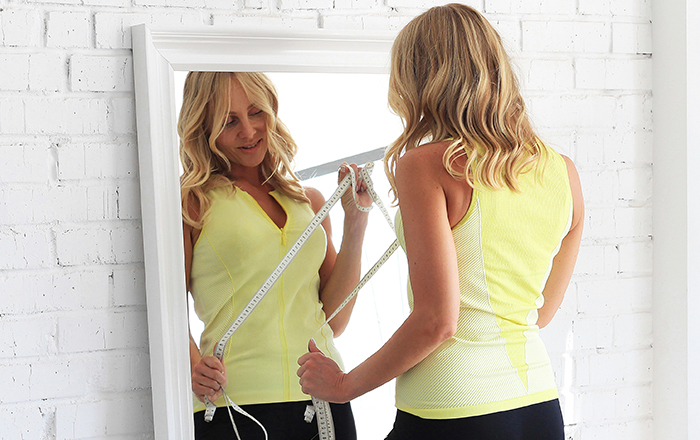
Prescription For Self-Love
Selfulness
The evidence is clear, research supports our social relationships are the most powerful predictor of happiness. Whether you consider yourself an extrovert or an introvert, there’s tons of evidence supporting that the common thread amongst “happy” people is that they all have broad social networks and positive relationships with those people in their networks. And to be clear here, we’re not talking about quantity but rather the quality of our social relationships in all areas of our life; work, community, personal, intimate and moreover with ourselves. As without love of self there is no basis to start from, self-love is the pre-condition to loving others. Understandably though for some, the act of practicing self-love can feel initially uncomfortable, and overly self-indulgent but self-love is not to be confused with self-centeredness. Rather self-love is more about thinking about the “me” so that you can build a strong “we”.
I was recently introduced to the word “selfulness”. As you can see it’s a play on words, it’s definition in the urban dictionary is used to describe a person that creates a balance between caring for themselves along with others. With contemporary western culture often plagued by the schism between love of self (egoism or selfishness) and love of others (altruistic or selflessness), the word selfulness I think is a great way to capture a way of being where we extend how we relate to ourselves towards others as well. It makes a lot of sense if you think about it, how can we have loving, positive relationships with others if we don’t practice a healthy relationship with ourselves? A great analogy for this is when we hear the infamous instructions of flight attendants reminding us to first put on our oxygen mask before helping others in case of an emergency landing. Why is this an important rule for ensuring everyone’s survival? Because if you run out of oxygen, you can’t help anyone else with their oxygen mask. This is a perfect metaphor to consider especially for women as we are notoriously known to put our self-care and needs on the back burner.
Learning to love oneself is a key ingredient to greater happiness. Self-love is at the very core of well-being, joy and empowerment. If we don’t care for ourselves we limit our success in all aspects of our lives; experiencing burnout, fatigue, reduced mental effectiveness, health problems, anxiety, stress, and heightened frustration. It’s time to let go of the guilt and the excuses, put your oxygen mask on first and start practicing a little more self-love in your life.
SELF-LOVE PRACTICES
#1 Recognize Your Own Good Qualities– Many of us have the tendency to focus on what it is that we aren’t enough of. Defaulting to negative self-talk is one of the least loving things you can do for yourself. So today, right now, take a few minutes to make a list of all the things you like about yourself. Think of physical attributes, mental or emotional strengths, successes you’ve experienced, the way you support your friends and family, or anything else. Make your list as long as possible, and keep adding to it. Go to people you trust and ask them what they’d list as your positive characteristics. You may be surprised to find out that people see a lot more of your strengths than you realize.
#2 Treat Yourself With The Same Level Of Kindness & Respect You Do For Others You Love- You know how you treat someone you really care about, the way you love and support that person and treat him or her with kindness and respect? Well, do that for yourself and just as you’d challenge a close friend who’s making bad decisions with his or her life, challenge yourself as well. Remind yourself just as you would a good friend of your worth as an individual and that you deserve great things in your life. Resist the tendency for settling for less, encourage yourself as you would someone you love to challenge yourself to achieve the best life possible.
#3 Give Attention To Your Needs And Desires– This may sound a bit silly, but some people really don’t know what they want and need. They can go through their entire adult lives never stopping to self-assess and check in with how they are truly doing. One of the best ways to love yourself is to carve out some time weekly to answer honestly how you are feeling physically, emotionally and spiritually. Some great questions to consider:
- Do you feel significant/loved/respected?
- Are you allowing companionship to lift and enlighten your life?
- Do you feel in control of how you react to situations in your life?
- Are you treating your body well (i.e. sleep, diet, exercise, necessary doc apps, stress management)?
- Do you feel a sense of inner-peace and calmness?
- Do you have a sense of purpose and appreciation for your place in this world?
Now take it one step further and ask yourself, how can you, at this very moment, take better care of yourself, so that you have more to give instead of less? Remember self-love may start with the “me” but it ends with a “we”. In the spirit of Valentines Day, a holiday many of us designate as time to express love to those near and dear to us, I’m going to ask you do the same for yourself!
Happy Valentines Day Everyone!
-Holly-
